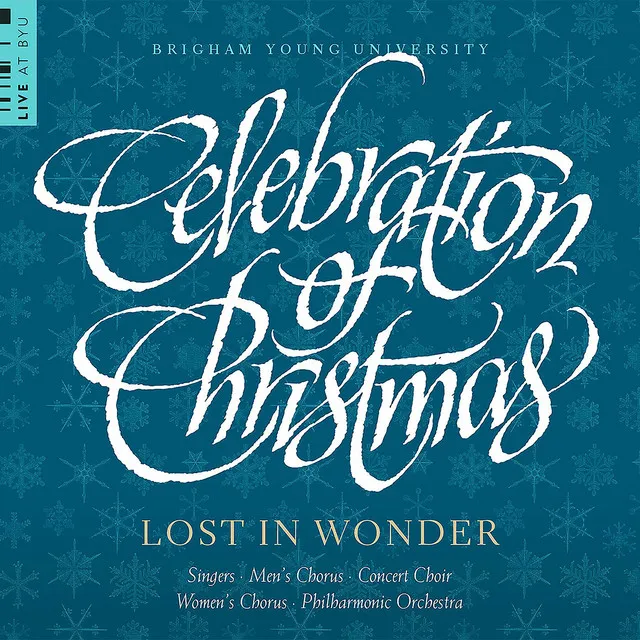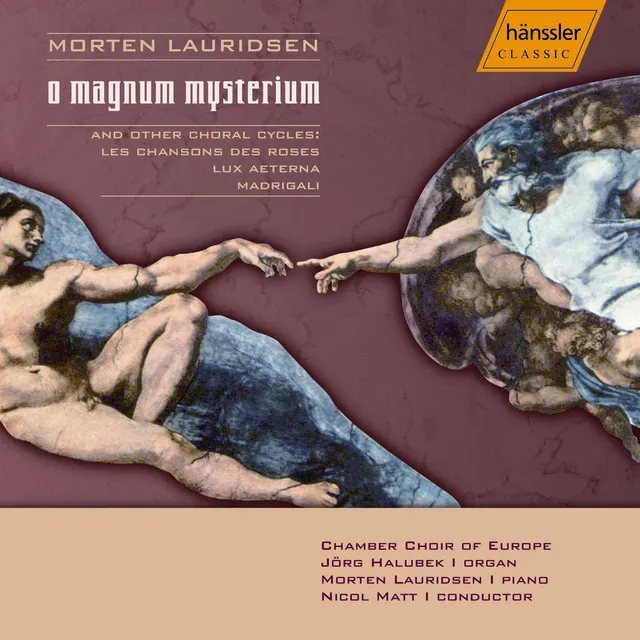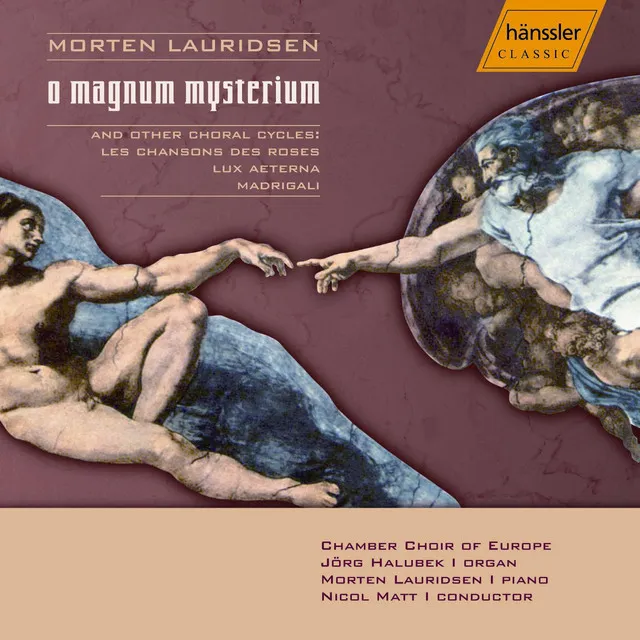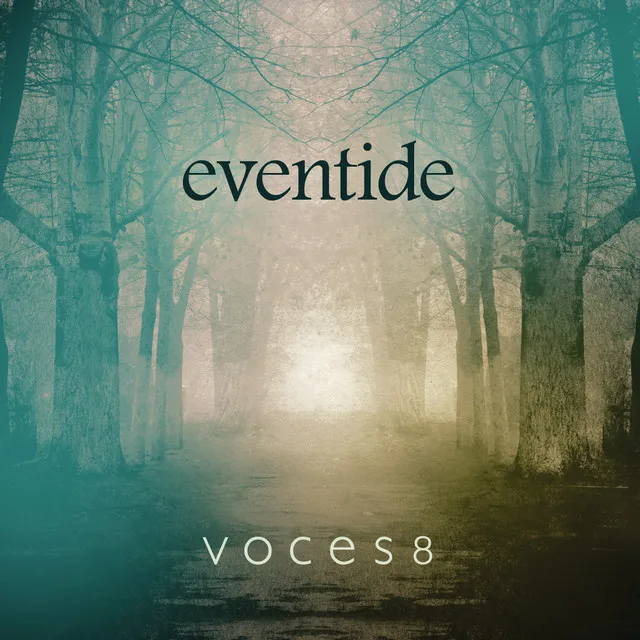Morten Lauridsen's warm, decidedly tonal compositions have earned for the American composer a secure place in the concert repertory. Born in Colfax, WA, in 1943, Lauridsen was raised in Portland, OR, and attended Whitman College, in Walla Walla, WA. Attending the University of Southern California for graduate school, he studied composition under Ingolf Dahl, Robert Linn, and Halsey Stevens. Following his graduation in 1967, Lauridsen joined the faculty at U.S.C., later becoming chair of the composition department. There, he also founded the advanced studies program in scoring for motion pictures and television; other efforts there won him the Phi Kappa Phi Creative Writing Prize, the Thornton School of Music Outstanding Alumnus Award, and the Alpha Lambda Delta Citation for Teaching Excellence.
In 1994, Lauridsen was named composer-in-residence for the Los Angeles Master Chorale under Paul Salamunovich, the position that would yield him his greatest successes. That year, the Chorale premiered the motet O Magnum Mysterium, which went on to become one of the most frequently performed and recorded contemporary choral works. In 1997, the group gave the first performance of his Lux Aeterna, a non-liturgical requiem; the Master Chorale's subsequent recording of a full-length album of the Lux and other Lauridsen pieces in 1998 earned both group and composer a Grammy nomination. Other honors Lauridsen has received include grants and prizes from the National Endowment for the Arts, ASCAP, Meet the Composer, Choral America, and the Board of Governors of the Los Angeles Music Center. The publishing house Theodore Presser Co. also publicly recognized him as having the two best-selling choral octavos in their long history (O magnum mysterium and Dirait-on from Les chansons des roses).
Though Lauridsen works in Southern California, he returns to his native Pacific Northwest during the summer, composing on a remote island off the Washington coast. His love for nature has musically manifested itself in peacefully tranquil works, often employing spacious voicings and lyrical melodic lines.
Although Lauridsen's primary idiom is choral, he has also composed several works for voice and instruments. Nevertheless, it is his choral cycles upon which his reputation rests, whether stylistically florid (Madrigali), elegant (Les chansons de roses), or poignant and lucid (Lux aeterna). Lauridsen has also had a degree of success composing motets on traditional Latin texts (Ave Maria, O magnum mysterium). If the composer's tonally conservative style and skilled handling of voices have not brought him acclamation from music intellectuals, they have ensured that his works are some of the most often performed of contemporary composers.




